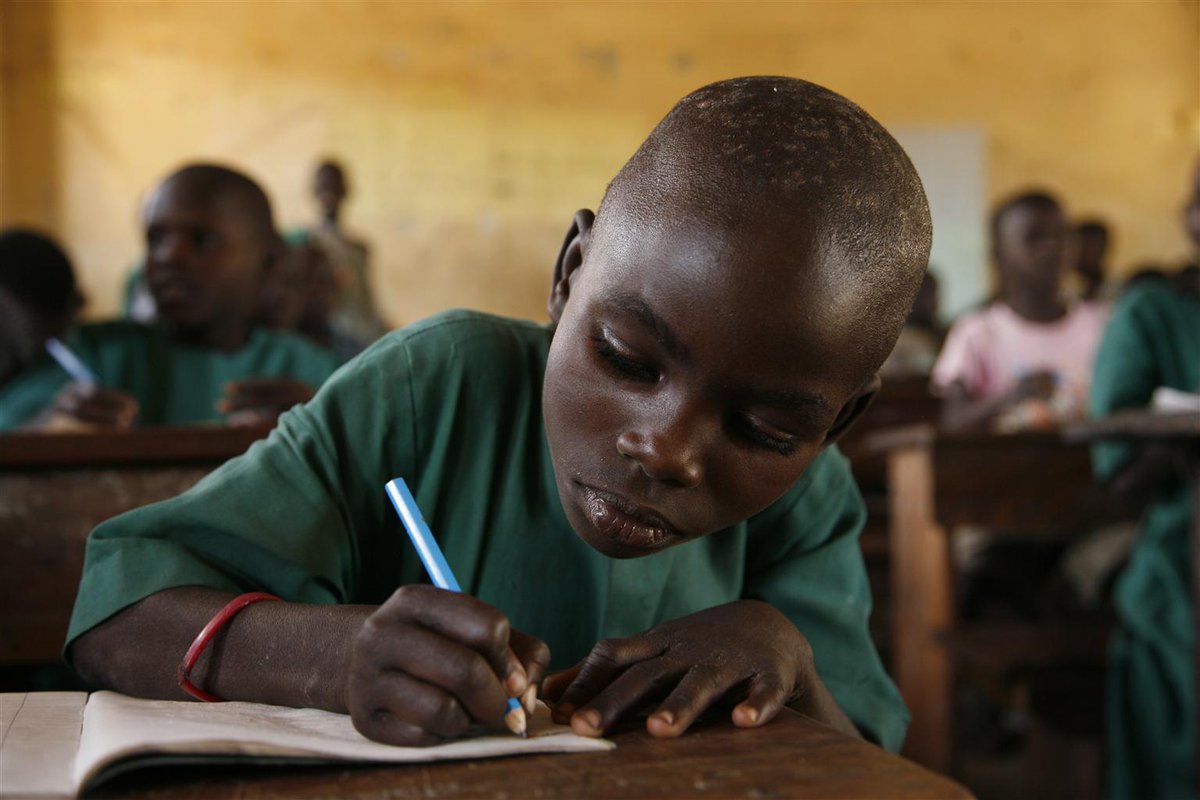
Despite progress in recent years, a significant number of children across Africa continue to face barriers to education. According to SDG 4 Scorecard-Africa, approximately one in five African children are still out of school, highlighting the challenges that persist in ensuring universal access to education on the continent.
Several factors contribute to this alarming statistic. Poverty remains a major obstacle, as many families struggle to afford the costs associated with sending their children to school, such as uniforms, books, and transportation. Additionally, the lack of infrastructure, including schools in remote areas, further limits access to education for many children.
Conflict and instability in certain regions also play a significant role in keeping children out of school. Armed conflicts and humanitarian crises disrupt education systems, forcing schools to close and displacing families, making it difficult for children to continue their studies.
Policy Recommendations
We should prioritize the elimination of school fees at all levels of education to ensure that financial constraints do not prevent children from attending school. This could include providing free uniforms, textbooks, and other essential supplies. In addition, investment in infrastructure is crucial to ensure that schools are accessible to all children, especially those in remote areas. This includes the construction of new schools, as well as the refurbishment of existing facilities to meet safety and quality standards.
- Teacher Training and Support: African governments should invest in the training and professional development of teachers to ensure that they are equipped with the skills and knowledge needed to provide quality education. This includes training on inclusive teaching practices and strategies for addressing gender disparities in the classroom.
- Promotion of Gender Equality: Efforts should be made to address cultural norms and practices that discriminate against girls’ education. This could include providing incentives for families to send their daughters to school and implementing policies that promote gender equality in education.
Education is a fundamental human right and a key driver of development. By prioritizing education and implementing policies that address the barriers to access, African countries can unlock the potential of their youth and build a brighter future for generations to come.
By Hassan Mudane
Chairman, BOD
Baraarug Library
